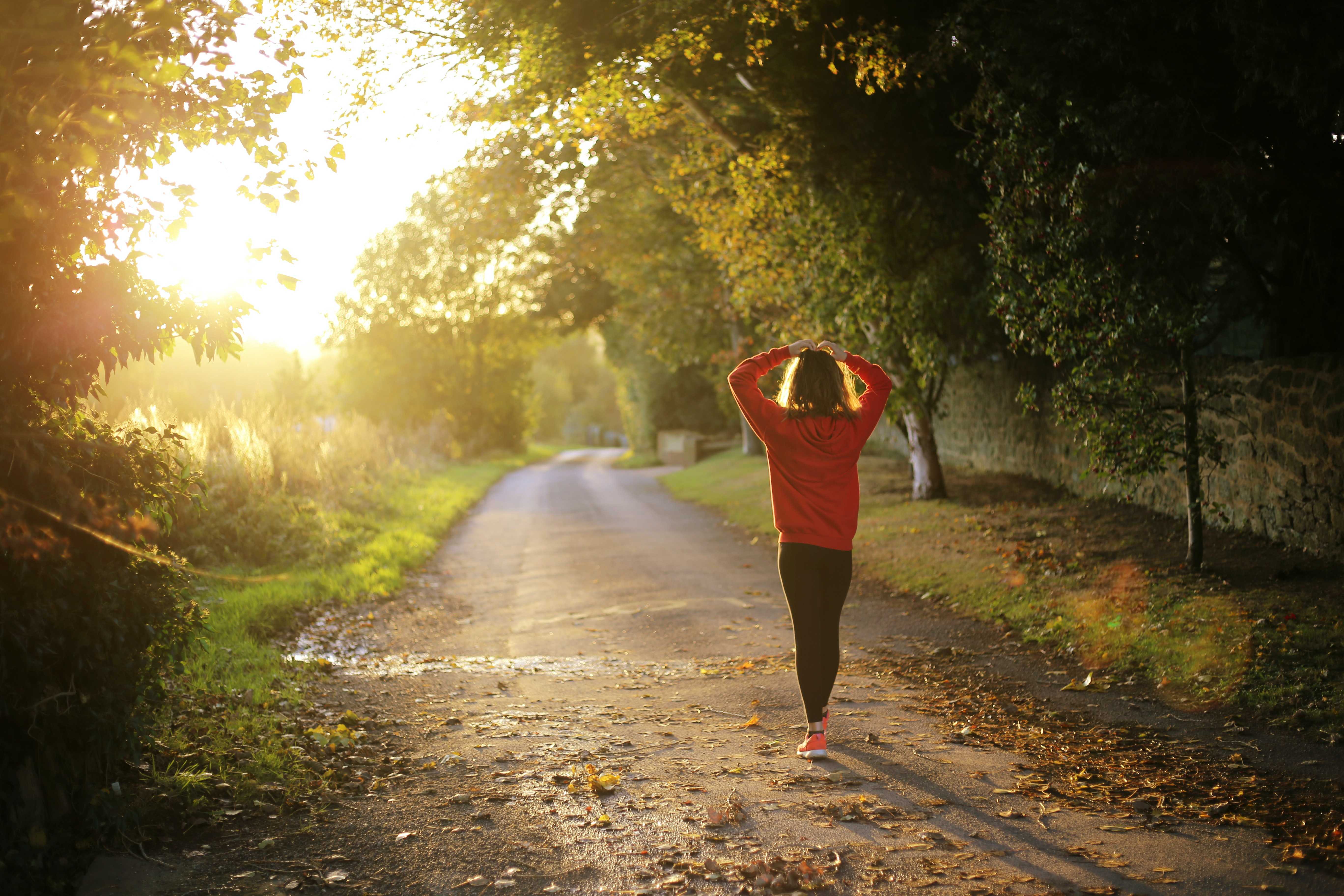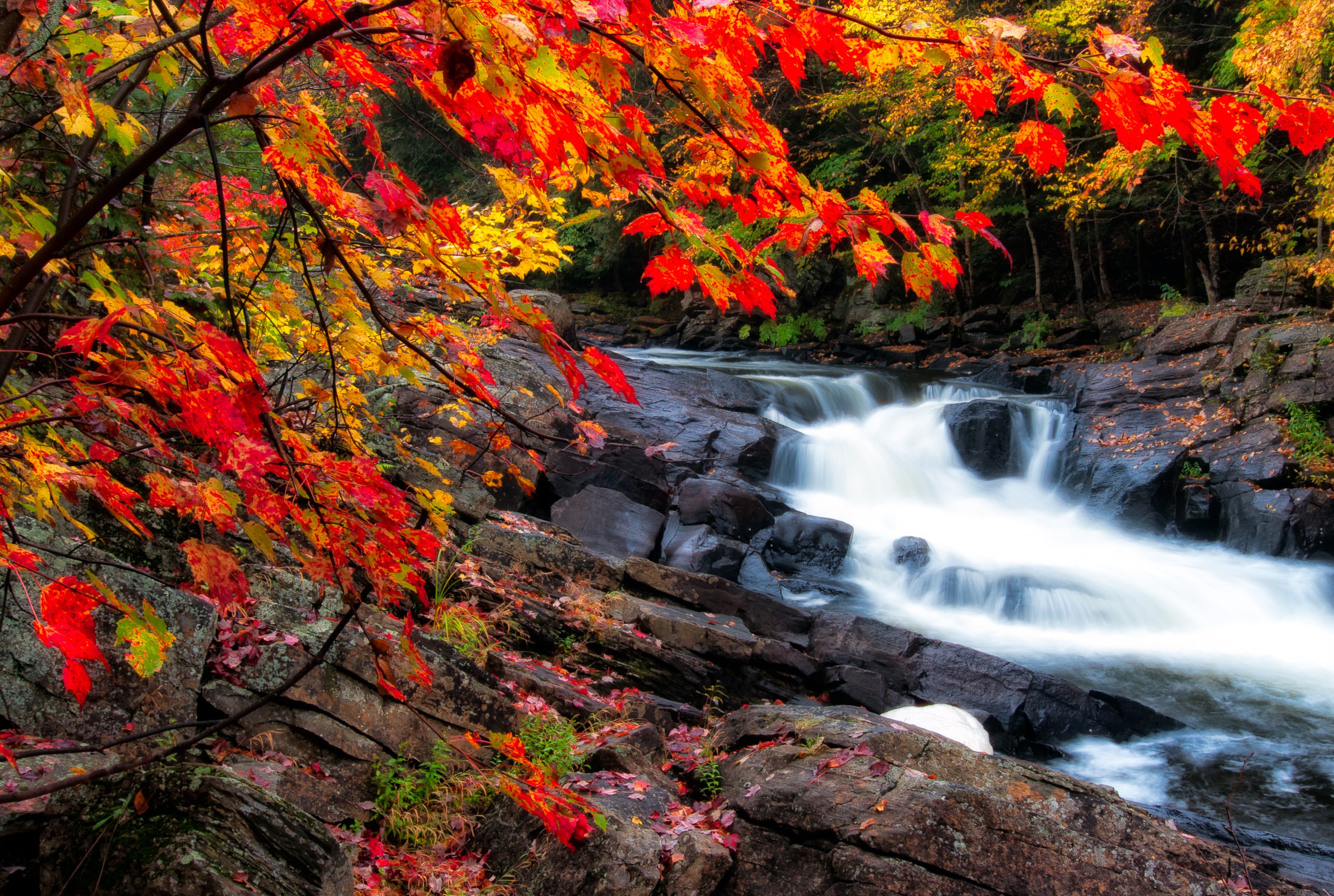
Table of Contents
Blog shared with permission from the author who wrote Finishing Well: Finding the Joy in Dementia: A Practical and Sometimes Humorous Guide for the Journey
As a child, my family did a lot of traveling. My parents loved to visit national parks and forests, state parks, and scenic byways of every kind. As fun as it was, I didn’t appreciate the beauty of nature displayed during those childhood trips until I was an adult.
The call of the beautiful wild
One afternoon, while my sister and I were talking about our various childhood trips and travels, she told me about her first trip to Sedona, Arizona as a grown-up. She and her husband were on their way to attend a wonderful, company-paid weekend of rest and relaxation. On their drive up to Sedona from the Phoenix airport, my sister confessed that even though this weekend trip sounded delightful, she had a lot on her mind and was feeling rather stressed. Besides, she was more of an ocean girl than a desert girl.
So, while she was brooding and remembering about all the responsibilities she should be taking care of instead of spending time in the desert, their car rounded a curve in the road. Suddenly, spread out in front of them was a spectacular sight. Sedona!
The vibrancy and variance of all the colors in the stone formations jutting upwards from the painted landscape to the brilliant blue sky created a vivid and mesmerizing scene. At that moment, my sister understood why Sedona, Arizona is called the Most Beautiful Place on Earth. She also realized the stress that had been plaguing her began melting away.

Why nature is good for your brain?
Nature is a natural mood enhancer
A study done at Stanford University confirms the de-stressing effect. It strongly suggests that getting out into natural environments could be an easy way to improve moods for city dwellers.
Researchers discovered that people who visit natural settings have a lower stress hormones level immediately afterward than people who have not recently been outside.
A walk in the wild, with fresh air and natural light provides a world of benefits – like the room to breathe freely, and Vitamin D. Be sure to wear a hat to protect yourself from getting a sunburn.
Nature writer for National Geographic, David Gessner also explains that science is proving what we intuitively know: nature does good things to the human brain—it makes us healthier, happier, and smarter.
The beauty of nature all dressed up for fall
My husband and I recently experienced a wonderful, stress-reducing journey as well. We traveled up through the New England states into Canada during this lovely fall season to visit family and enjoy Canadian Thanksgiving.
The trees (especially in New Brunswick, Canada) are stunningly beautiful. They turn every color imaginable to create some of the most enchanting landscapes I have ever witnessed. I remembered what my sister had told me about her experience in Sedona. I could relate.

Photo by James Wheeler on Unsplash
In spite of our busy lives, is there a few moments we can devote to soaking in a bit of natural beauty? Listen, what do you hear? It is the call of the (beautiful) wild.
---------------------
More about the nature research study
Stanford Woods Institute for the Environment, full article by by Rob Jordan, youtube video Gregory Bratman, School of Earth, Energy & Environmental Sciences
Natural vs. urban settings
"In the study, two groups of participants walked for 90 minutes, one in a grassland area scattered with oak trees and shrubs, the other along a traffic-heavy four-lane roadway. Before and after, the researchers measured heart and respiration rates, performed brain scans and had participants fill out questionnaires."
"The study part of a growing body of research exploring the connection between nature and human well-being. The Natural Capital Project, led by Daily, has been at the forefront of this work."
Build Your Family Care Team Today!
It’s no secret that taking care of elderly family members can be a challenging task. Not only do you have to worry about their physical and emotional well-being, but you also have to manage your busy life simultaneously.

If you’re a family caregiver, CircleOf is the app for you. It allows you to organize and collaborate with family and friends, maintain regular communication so everyone is on the same page. Download CircleOf today to build your circle of care.



